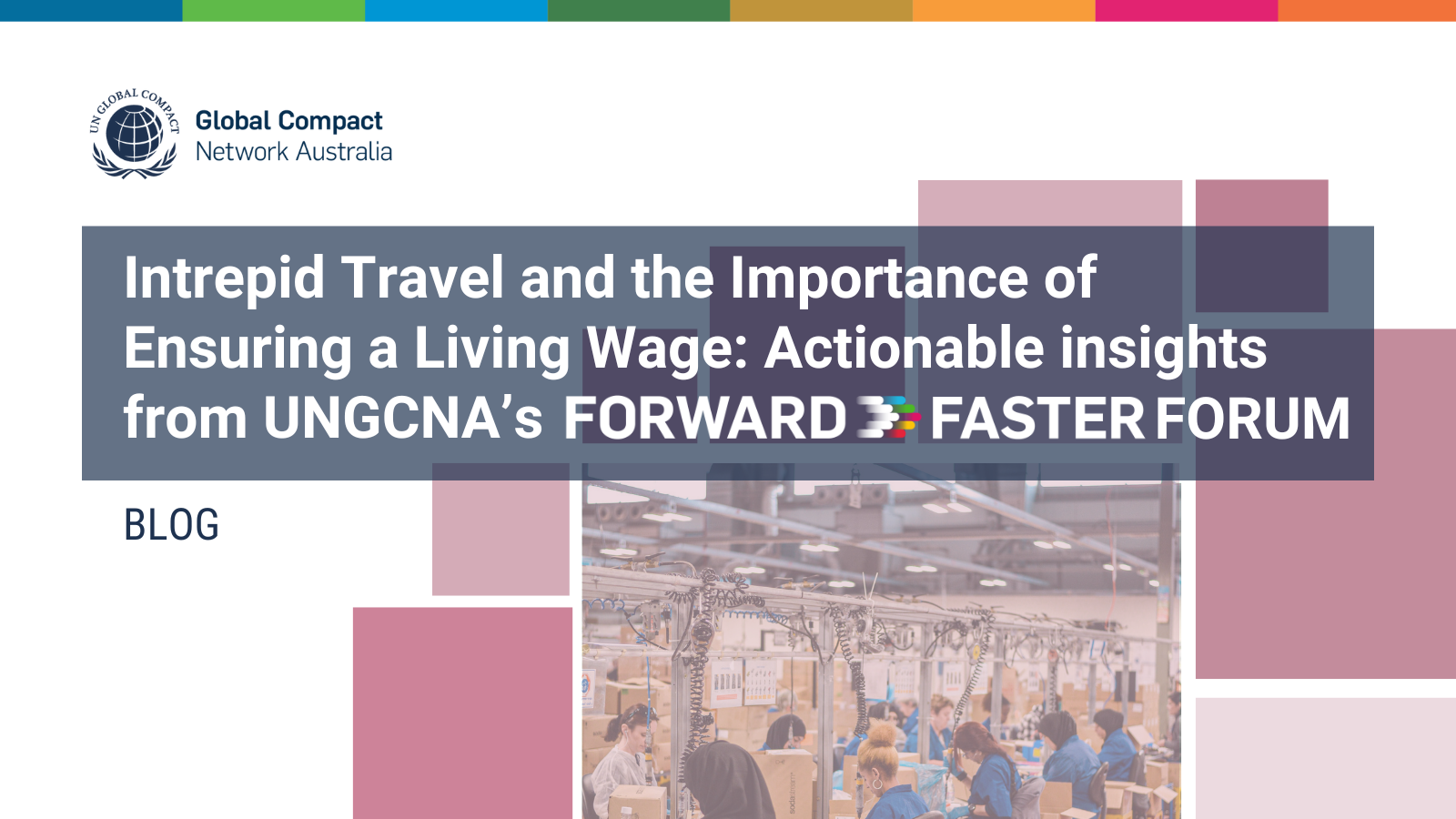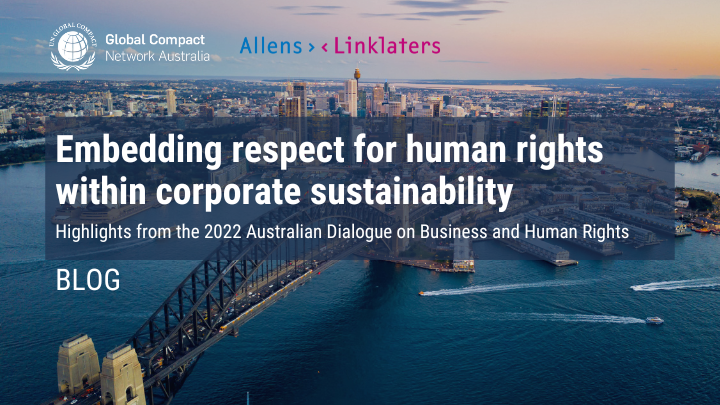
Blogs, Business & Human Rights, Featured, Media, News
BLOG | Tackling Modern Slavery in Global Supply Chains: Tools to Act
Kylie Porter | April 7, 2021
From the food we eat to the clothes we wear, the appliances we use and the coffee we drink – our daily routines are likely to be only a few degrees of separation away from someone experiencing exploitative working conditions, including modern slavery.
Modern slavery is hidden within opaque global supply chains, exacerbated by border closures and crises such as the COVID-19 pandemic and climate change. It is particularly prevalent in vulnerable groups including women, children and migrant workers. The Australian Government estimates that for every modern slavery victim detected by authorities in Australia, another four go undetected.
According to the International Labour Organization (ILO) and the Walk Free Foundation, there is an estimated 40.3 million people living in modern slavery conditions worldwide, including 16 million in private sector supply chains. This highlights the crucial role that business has to play to develop collaborative responses with other suppliers, governments and civil society to realise the global goal of eradicating modern slavery by 2030.
Businesses face rising expectations from governments, investors, customers, consumers and civil society organisations to embed responsible business practices into their operations and supply chains. In a telling statistic from the Responsible Investment Association Australasia, in 2020 responsible investment represented 37% of Australia’s total $4.155 trillion in professionally managed assets.
The United Nations (UN) Guiding Principles on Business and Human Rights (UNGPs) provide an authoritative framework by which business can ensure human rights, and components of the UNGPs are increasingly being enshrined in domestic legislation, including the Australian Modern Slavery Act 2018 (Cth) (the Australian Act). Together, these varying instruments provide a powerful impetus for Australian businesses to shine a spotlight on their operations to identify and address modern slavery risks.
By implementing or participating in grievance mechanisms that are capable of hearing and addressing modern slavery, and broader human rights, complaints businesses can meet these expectations. Business-led grievance mechanisms can take a range of forms including Speak-Up hotlines, email addresses or complaints procedures. They establish a consistent process to enable concerned parties to speak up, communicate issues, and where necessary, seek remedy.
Unfortunately though, not all grievance mechanisms are effective. Where mechanisms are not fit-for-purpose they risk becoming a simple ‘check-box’ activity for business that leave vulnerable people, and the business, open to risk.
The Global Compact Network Australia (GCNA) has launched two publications to support Australian businesses to increase their understanding and capacity to implement effective grievance mechanisms that can hear and address modern slavery, including how and when to report on this under the Australia Act.
Through research and case studies from Australian and international businesses and organisations, ‘Effective Modern Slavery Grievance Mechanisms: A Case Study Publication for Business’ offers a basis for understanding the expectations set out in the UNGPs and the Australian Act in relation to grievance mechanisms. The associated Guidance Note provides practical advice, flags key considerations, and outlines good practice steps for designing and implementing effective grievance mechanisms.
Implementing effective grievance mechanisms to tackle modern slavery remains challenging. It requires an ongoing business commitment to human rights risk management that complements agile corporate strategies and resilient operations, capable of adapting to new operating landscapes and overcoming challenges as they arise. Through commitment and ambitious action, businesses can embed respect for human rights throughout their activities and supply chains and contribute to the global goal of eradicating modern slavery by 2030.
Written by Leah Sjerp – Programmes Coordinator, Global Compact Network Australia




